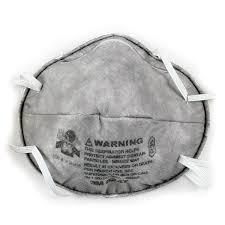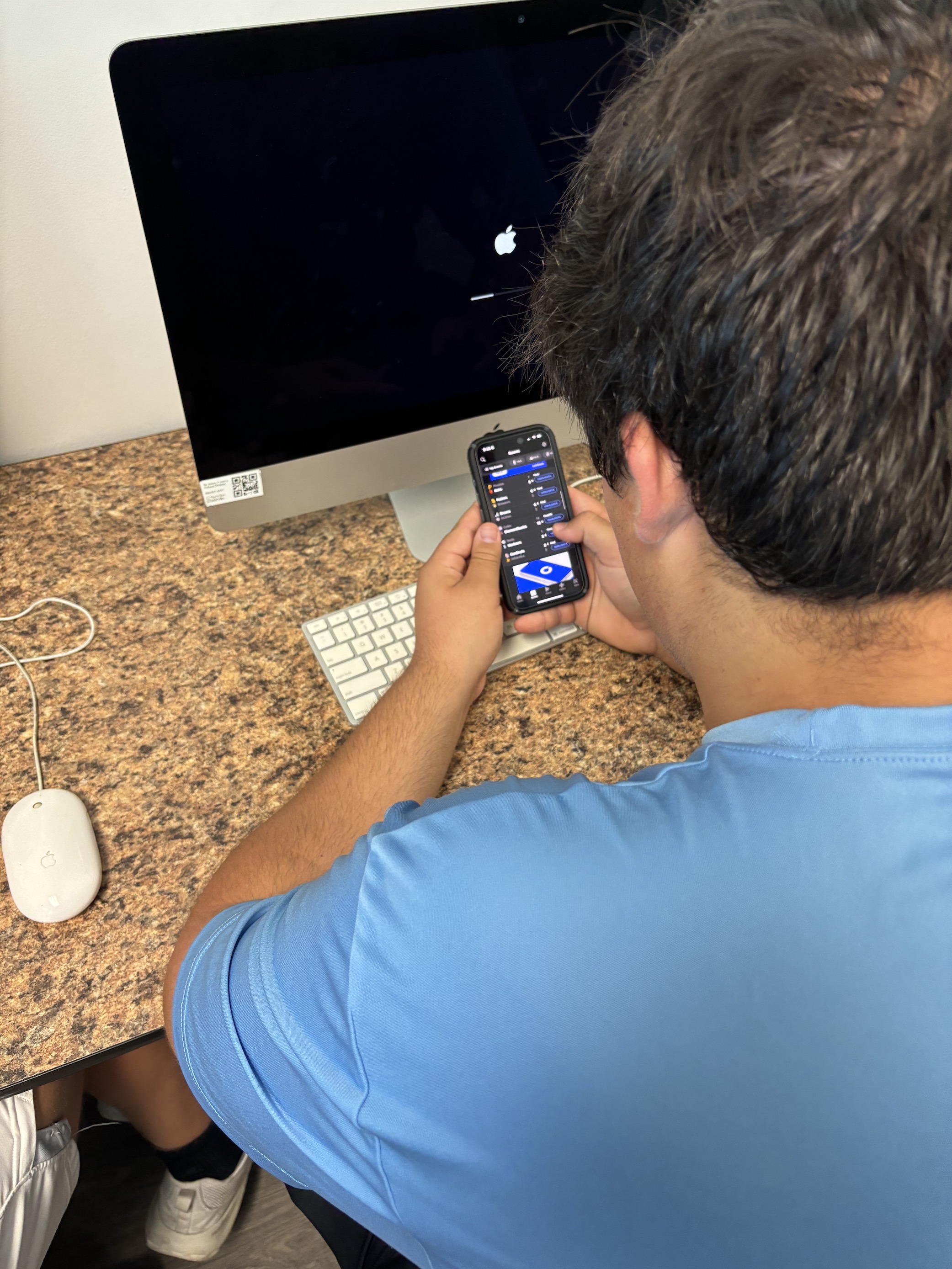By Alena Zuckerman
Face masks were one of the first precautions put in place when COVID-19 started. According to the Center of Disease Control (CDC), masks are meant to be a simple barrier to stop respiratory droplets from traveling into the air due to basic human interactions like talking or breathing.
COVID-19 spreads due to close contact with no protection (face mask, clothes, etc.), simply wearing a mask in a setting where it is hard to social distance is very important in keeping numbers down. If you are not at home, masks are required in majority of public establishments.

In public people wear masks of all varieties such as surgical, N95, and cloth. The cloth mask is one of the most effective face masks because of how it traps the respiratory droplets, but it could also be one of the worst masks for your skin if you do not properly clean it. All masks wearing span tend to be single use only, meaning, once you take your mask off, you should put a different one back on. But not everyone is perfect, people wear the same mask all day because cleaning or changing your mask every time you wear it is just not practical for everyone. However, having only one face mask and never cleaning it also defeats the purpose of the mask because you are constantly breathing and coughing into the same cloth that is building up your germs.
Many people do not realize how not cleaning your face mask will affect your skin and makes the whole idea of wearing it ineffective. A dirty face mask can hold trapped sweat, oil, and dirt that gets into your pores and could cause skin conditions needing treatment. There are two common skin conditions that can form due to lack of cleaning your mask. The first disease is malaria, this is caused by blockage of eccrine sweat ducts. The second disease is rosacea, this causes redness and visible blood vessels in your face due to lack of hygiene. In simpler terms rosacea is acne.
The key to a clean face mask is soap and hot water. The soap breaks up the lipid barrier of the virus if it contacts your mask and due to basic science, the hot water eliminates germs. Dermatologist, Dr. Lisa Bryski says, “We need to be treating our cloth masks just as we would our hands.”





